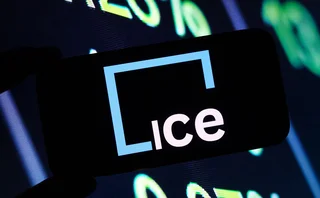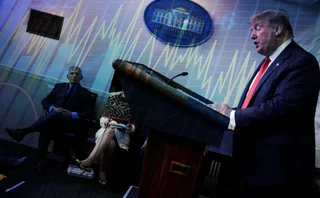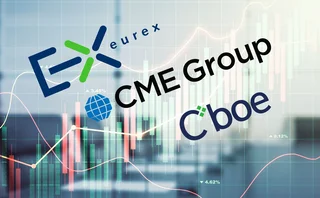
Revamping of Korea's clearing model up for parliamentary vote
The clock is ticking on getting a new risk waterfall model approved by Korea's National Assembly

Fears are growing that Korea could be left out of the second wave of European Union decisions to grant equivalence status to third-party central counterparties (CCPs) as Korea grapples with a change to its default risk waterfall model.
This could make the cost for European derivative dealers more expensive than in those jurisdictions that are deemed to be equivalent. The deficiencies in Korea's clearing model were highlighted when HanMag Securities collapsed in December 2013 with losses of $45
Only users who have a paid subscription or are part of a corporate subscription are able to print or copy content.
To access these options, along with all other subscription benefits, please contact info@risk.net or view our subscription options here: http://subscriptions.risk.net/subscribe
You are currently unable to print this content. Please contact info@risk.net to find out more.
You are currently unable to copy this content. Please contact info@risk.net to find out more.
Copyright Infopro Digital Limited. All rights reserved.
As outlined in our terms and conditions, https://www.infopro-digital.com/terms-and-conditions/subscriptions/ (point 2.4), printing is limited to a single copy.
If you would like to purchase additional rights please email info@risk.net
Copyright Infopro Digital Limited. All rights reserved.
You may share this content using our article tools. As outlined in our terms and conditions, https://www.infopro-digital.com/terms-and-conditions/subscriptions/ (clause 2.4), an Authorised User may only make one copy of the materials for their own personal use. You must also comply with the restrictions in clause 2.5.
If you would like to purchase additional rights please email info@risk.net
More on Markets
Ice’s AFX swoop shines spotlight on Ameribor prospects
CEO John Shay steps down after exchange group buys firm for mortgage and index synergies
Franklin Templeton dethrones MSIM as top FX options user
Counterparty Radar: MSIM continued to cut RMB positions in Q3, while Franklin Templeton increased G10 trades
Lenders scramble to get ahead of Italian fallback mandate
New law requiring robust fallbacks for Euribor will take effect on January 10
FX automation key to post-T+1 success, say custodians
Custody banks saw uptick in demand for automated FX execution to tackle T+1 challenges
Review of 2024: as markets took a breather, firms switched focus
In the absence of major crises and rules deadlines, financial firms revamped strategy, services and practices
Cboe plans Q2 dispersion futures listing
Expectations of post-US-election uncertainty drives launch, and could help bank equity desks hedge OTC risks
Futures exchanges look to ride credit ETF wave
Proponents hope for increased buy-side trading, with three exchanges competing for market share
Doubts raised over new FX platform disclosures
New disclosure sheet template will require platforms to outline how they charge for data







